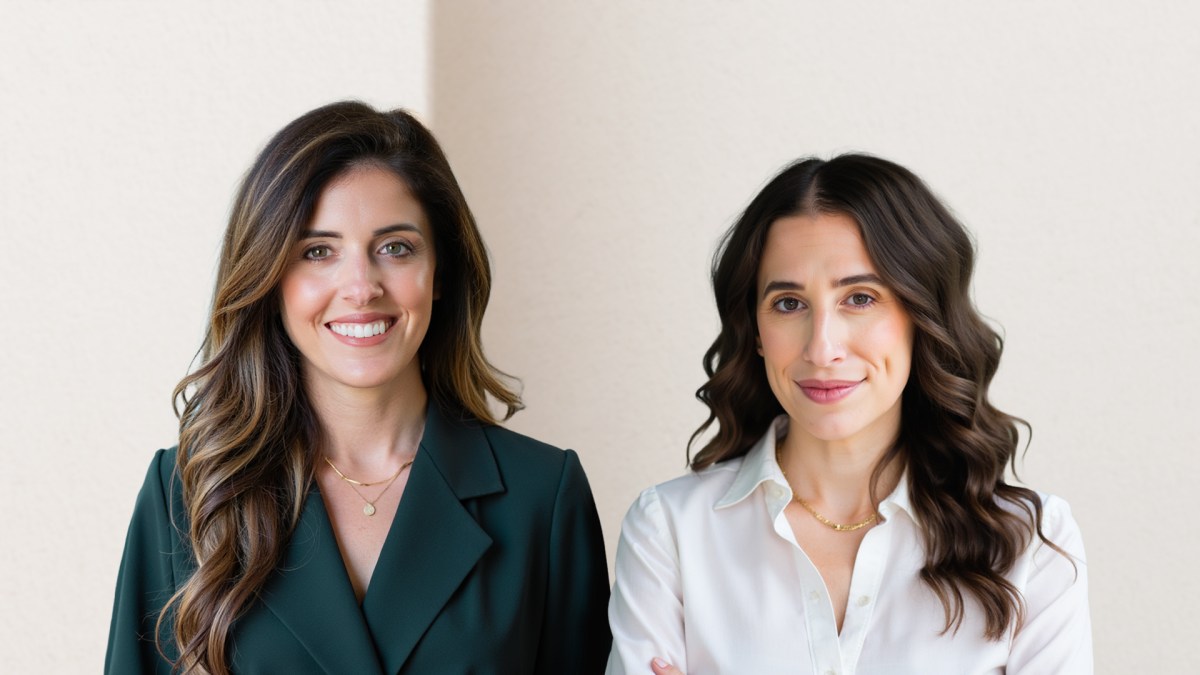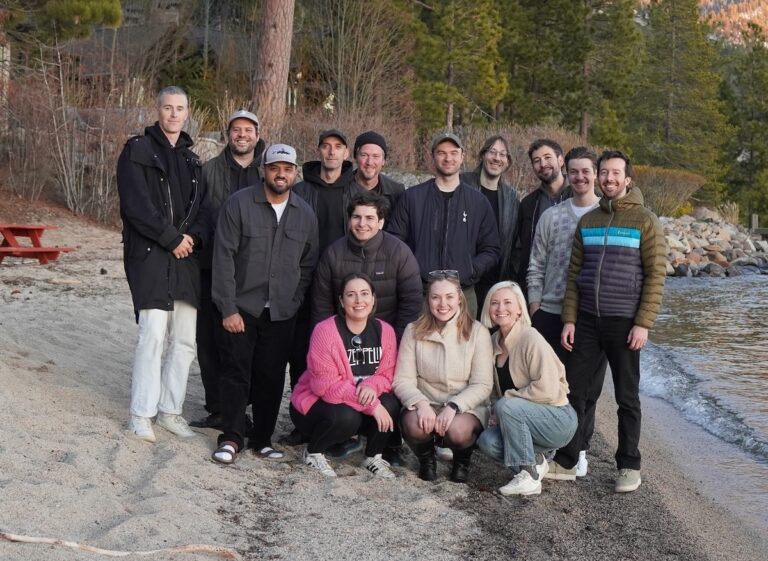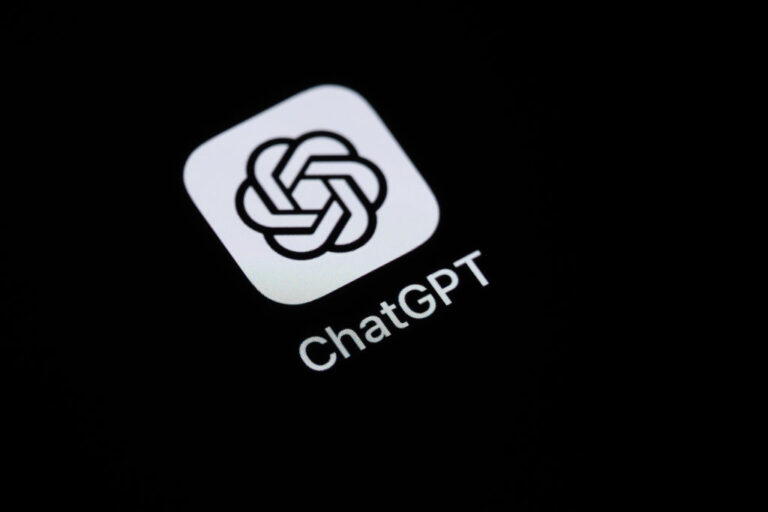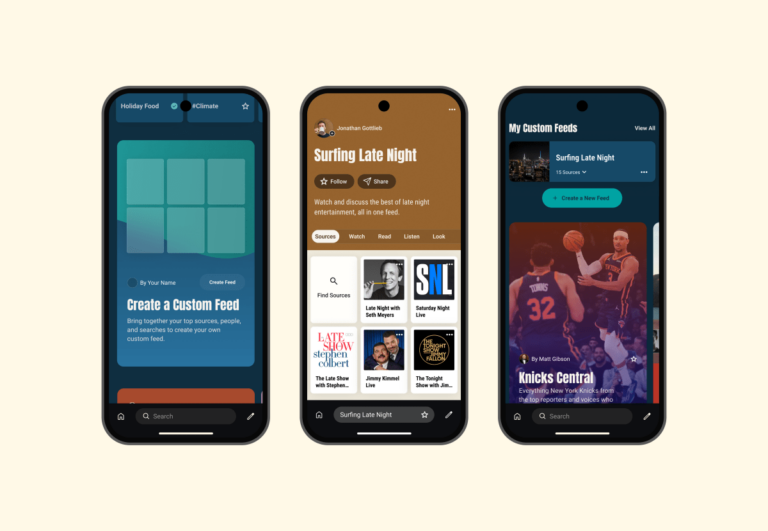Empower Your Future: Freeze Your Eggs for Free with Cofertility’s Innovative Donation Model
In today’s fast-paced world, many women are prioritizing their careers, leading to a trend of delayed marriage and family planning. This shift has prompted a growing interest in egg freezing as a means to preserve fertility for future childbearing. However, the high costs associated with the procedure, often ranging from $10,000 to $15,000 per cycle, can be prohibitive, particularly for women in their 20s and early 30s.
The Emergence of Cofertility
Cofertility, a pioneering startup co-founded by former Uber executive Lauren Makler and health tech investor Halle Tecco, aims to address this issue by offering women the opportunity to freeze their eggs at no cost. The unique model allows women to donate half of their retrieved eggs to those struggling to conceive.
Funding and Growth
Recently, Cofertility successfully raised $7.25 million in a Series A funding round, led by Next Ventures and Offline Ventures, with additional support from Initialized, Gaingels, and several other investors. This financing brings Cofertility’s total funding to $16 million.
Inspiration Behind Cofertility
The idea for Cofertility was born out of a personal health crisis when Makler was diagnosed with a rare abdominal disease in 2018. This diagnosis led to multiple surgeries, raising concerns about her fertility and the potential loss of her ovaries.
While doctors sometimes recommend egg freezing to young women facing similar situations, it was not a viable option for Makler at the time. This experience compelled her to explore the intricacies of egg donation.
Challenges in Egg Donation
During her research, Makler discovered the significant financial burden associated with purchasing donor eggs, especially for those from specific backgrounds or with advanced education. She likened the pricing model to “surge pricing,” a term familiar to her from her time at Uber, which made her uncomfortable.
Fortunately, Makler later conceived naturally, but her journey inspired her to create a solution that connects women looking to preserve their fertility with those needing donor eggs.
Innovative Approach to Egg Sharing
Although the concept of egg sharing isn’t new, Makler asserts that Cofertility is the only platform offering a scalable solution through its innovative “Split” program. She explains:
“At any given time, we have hundreds of donors available for intended parents, while most clinics only have a handful, which makes matching less likely.”
Cofertility boasts a diverse pool of egg donors, with approximately 55% having graduate degrees. Intended parents are responsible for covering the egg retrieval costs and Cofertility’s coordination fee, but they are not required to pay for the donor’s compensation, significantly reducing their overall expenses.
Changing Perceptions Around Egg Donation
While Makler hesitates to label Cofertility as a marketplace, she acknowledges its functionality in solving a critical issue in fertility. She emphasizes the importance of destigmatizing egg donation:
“The big vision is removing the taboo of egg donation. There is zero shame in however you become a parent. Collaborating with a donor who is also interested in freezing her eggs is an exciting option.”
For more information about egg freezing and fertility options, visit Resolve, a leading resource for those exploring fertility treatments.
In conclusion, Cofertility is paving the way for a more accessible and supportive environment for women looking to preserve their fertility while helping others in need of donor eggs.







